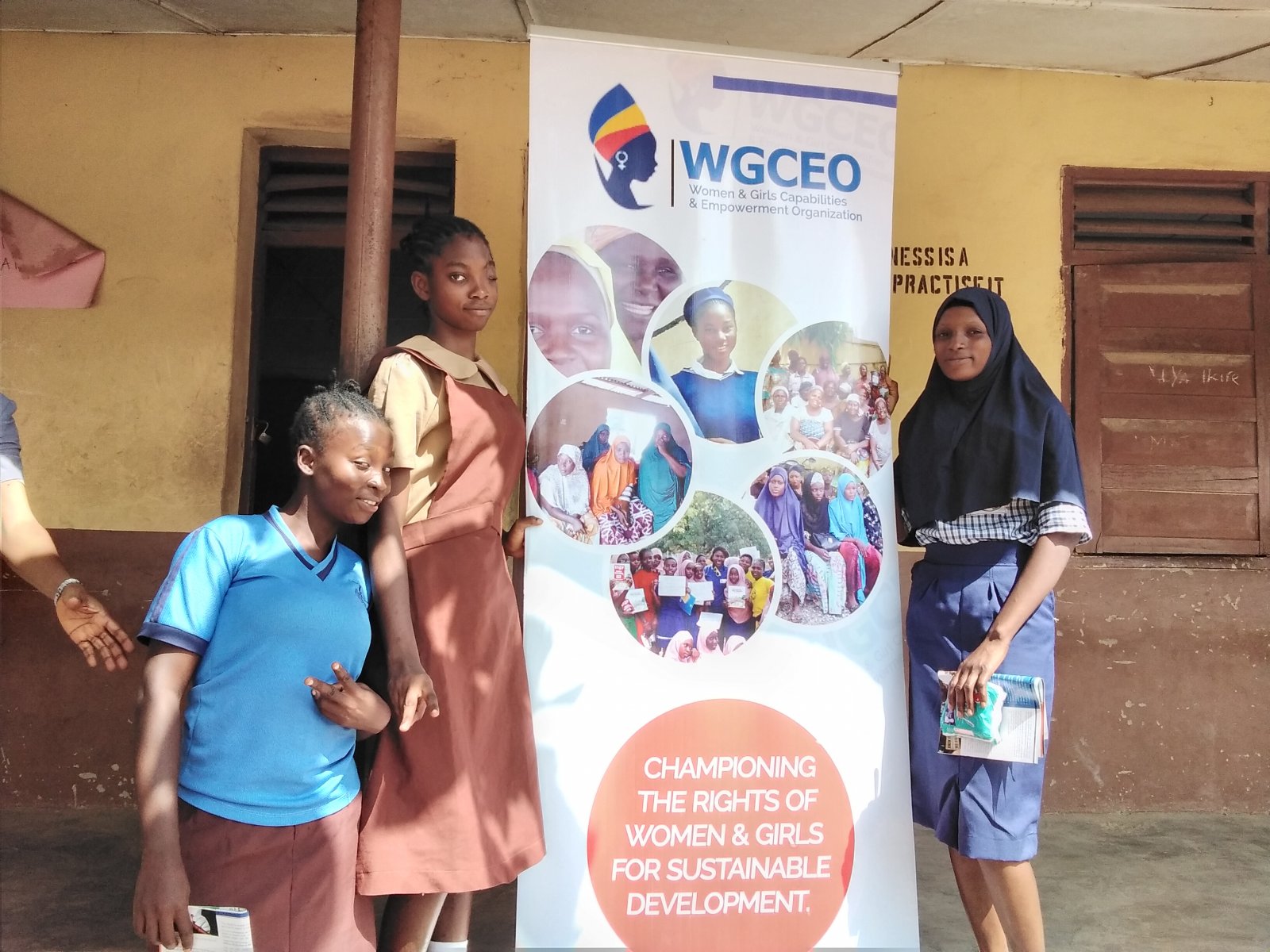ABILITY IN GIRLS WITH DISABILITIES
Dec 15, 2021
Story


In Nigeria, Girls with disabilities confront several obstacles, including stigmatization, discrimination, and social injustices based on assumptions about the causes of their disability. Unfortunately, due to a lack of standardized facilities such as clean and accessible restrooms and learning rooms, schools, particularly state-owned institutions, fail to successfully meet their educational demands, significantly impacting their mental health. Girls with Disabilities must participate in programs that enhance their mental health and wellness so that they are able to raise their voices on issues that concerns and affects them while also establishing a sense of inclusion. Women & Girls Capabilities & Empowerment Organization Nigeria has run a variety of initiatives in secondary schools, and have worked with girls with disabilities, who have always responded positively manifesting as a strong determination to succeed by sticking to their dreams to resisting being married off and being hidden in the home, they have shown extraordinary courage to march on. In 2017, the Federal Government passed the National Policy on Disability, which outlaws discrimination based on disability, as well as the Child Rights Act of 2003, which safeguards children's rights. Even though these laws exist to protect the rights of people with disabilities, particularly the most vulnerable (women and girls), many of them are unaware of these laws because they reside in rural communities with limited access to basic services and because the laws are written in English, which they do not understand.
Girls with disabilities are a crucial group with the potential to contribute to the rapid actualization of the United Nations Sustainable Development Goals through economic/social empowerment programs that take into focus
S- Sexual Reproductive Health and Rights Information
T- Technology Skills for Sales and Marketing
E – Ending Violence against Women and Girls and Harmful Practices Information
A- Accounting and Business Management Skills
M- Manufacturing and Start-Up Support.




